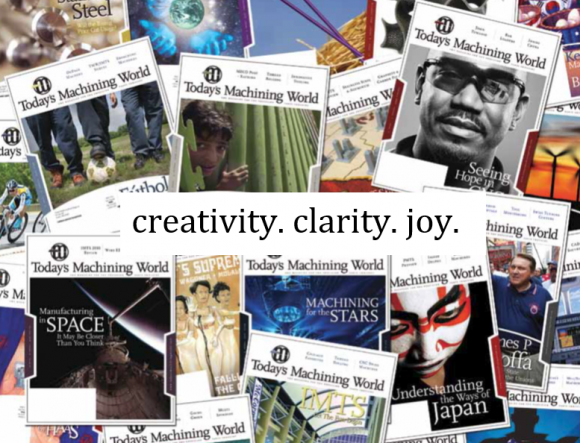Lloyd and Noah Graff are traveling for a family funeral today, so we’ve scoured the archives for some favorite pieces to re-visit.
The Illusion of Security
May 2011 Volume 07 Issue 04
What is your “net worth?”
I remember my father used to calculate his net worth often and would meticulously record the amount his assets exceeded his liabilities on sheets of paper he kept in an accordion file in his desk at home.
When I worked with my Dad we would periodically discuss his net worth. He talked about it with reverence, sometimes in hushed tones, like the figures were inscribed on sacred parchment. And they truly were to him.
Those numbers he wrote down yearly were his personal score card of success, his record of succeeding or failing. They were figures that meant “security” for him. He told me that a rising net worth made him feel more secure, which was a feeling he sought more desperately than any other in his life. But the irony that I came to understand more clearly as we both matured was that he never felt “secure.” No matter how much money he had in the bank or in stocks it wasn’t enough for him to feel “secure.”
**********
What We Do
August 2010 Volume 06 Issue 06
The Budweiser radio commercial extols the virtue of beechwood aging and its beer’s crisp, clean taste. Heaven knows what those revered adjectives mean. Bud’s spot ended with a telling sentence, “It’s what we do.” That line meant something to me.
Budweiser was stating very clearly that brewing beer “is what we do,” and I buy the premise—if not the product. Defining what we do is important.
Can you succinctly—in one pithy sentence—say, “I grow delicious potatoes,” or “I make stainless steel,” or “I fly a Boeing 737 for Southwest Airlines”?
In a sophisticated economy like America’s, many of us have trouble devising a simple, declaratory sentence that explains what we do so clearly that we understand it, much less an uninitiated listener. It’s the cocktail party opener, the elevator speech, or the first sentence on the mortgage application.
But I think answering the question “what do you do?” for yourself is a deeper interrogatory that can bring clarity and momentum to a foggy, plodding career and even a foundering personal life.
*********
Finding Peace with Our Choices
December 2009, Volume 05 Issue 08
The death of financier Bruce Wasserstein, a friend from college days, hit me like an unsheathed blow to the chin. It wasn’t just because he had survived quadruple bypass surgery in 2001 or that he was three years younger than me and succumbed to heart failure. It was more about Bruce living the life of a superstar in finance, a master of the universe, a self-made Wall Street billionaire, who I knew from time spent working together on the University of Michigan college newspaper.
Those were heady nights of hot lead sliding out of linotype machines, wedged into heavy trays that turned into plates for the 3:00 a.m. printing.
Bruce wrote about the big issues, like student conflicts with the college administrators over divulging information to a Congressional witch hunting committee. It was Vietnam War time and the campus was alive with dissent; Bruce Wasserstein was smack in the middle of the controversy. I wrote about basketball, football and life, as the sports editor.
I remember Bruce coming up to me and saying, “Lloyd, what are you doing writing sports? Come over to the news staff and do something important.”
That remark was a portend about how our lives would diverge over the next four decades.
Bruce was a brilliant guy, a chess player, oblivious to his personal appearance. Dan Okrent, a sports writer on my team at Michigan, who became an editor at Time Magazine and The New York Times, described Bruce as a “complete slob” in The Michigan Daily obituary. Bruce was usually the smartest guy in the room, even if it was a big room of very smart people—and he knew it.

